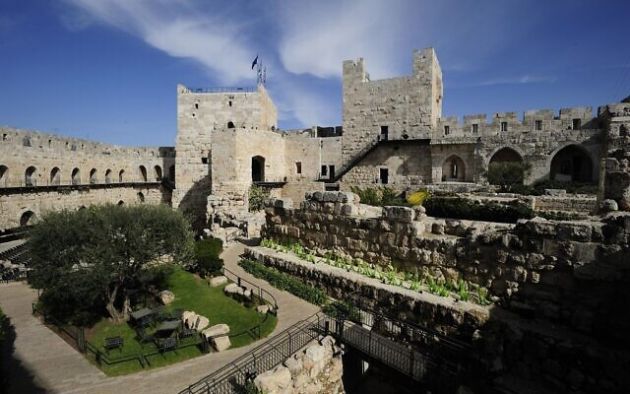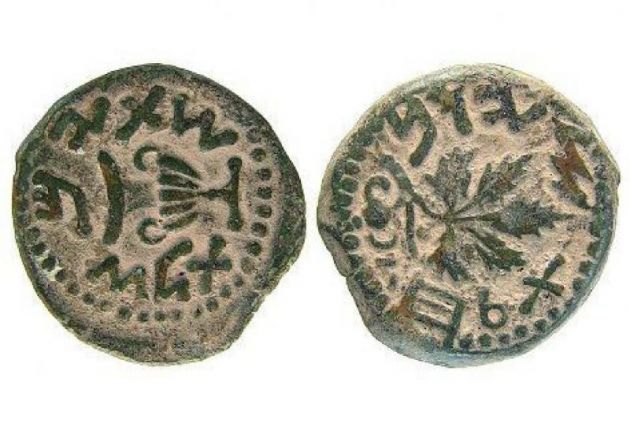Coin found in Jerusalem's Old City may contributed to Temple tax in Herod's time

Archeologists in Jerusalem's Old City have discovered a box of artifacts, including a rare silver that pilgrims might have used to pay the Temple tax during King Herod's reign, a period of biblical significance.
The artifacts' box was rediscovered during a major conservation project to restore the stones of the "Phasael" tower of the Jerusalem citadel's $40 million renewal project, the Tower of David Museum said, according to The Times of Israel.
"We know from the Gospels that Jesus visited Jerusalem ... and we know that He talked to the money changers. So here we have the evidence, the archaeological evidence to the historical sources," Eilat Lieber, the museum's director, told CBN News.
The coin bears the image of Melqart, the chief god of the Phoenician city of Tyre, now located in southern Lebanon imprinted on one side and with an eagle on the other.
"The Tower of David is one of the most important structures in Israel, both in terms of its history and location," said Yotam Carmel, head of the conservation project, in a press release.
"The last conservation project at the Tower of David was carried out in the 1980s. Since then, the citadel has been in desperate need of conservation."
In 37 BC, Herod became King of Judea and began some of the most ambitious building projects in the ancient world, including the Second Temple's reconstruction.
He transformed the city of Jerusalem so much that Pliny the Elder wrote Jerusalem was "by far the most distinguished city not in Judea only, but of the whole Orient," CBN reported.
"You can see how the past, the present, and the future are actually here at the Tower of David," said Lieber.
"During the work for the future of the citadel, we found the evidence from the past. And we can actually, know more about our identity.
Christians can see how the sources, the Gospels, are coming alive here in Jerusalem."
This tax has its origin in the Bible's Book of Exodus, which commands the people of Israel, both rich and poor, to make a half-shekel donation in the service of "the tent of meeting" – community worship, according to the museum.
"When the Temple was being constructed, every Jew was commanded to make an obligatory donation of a half-shekel towards the building.
"When construction was completed, the Jews continued to pay the tax for the upkeep of the Temple, and they paid this tax with Tyrian shekels," said the museum.
